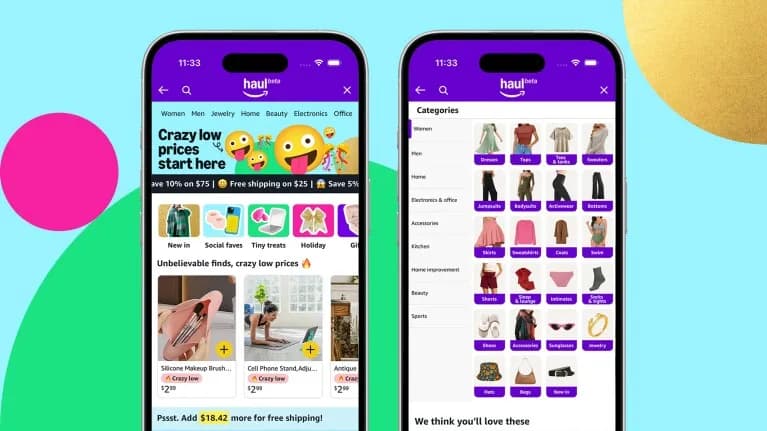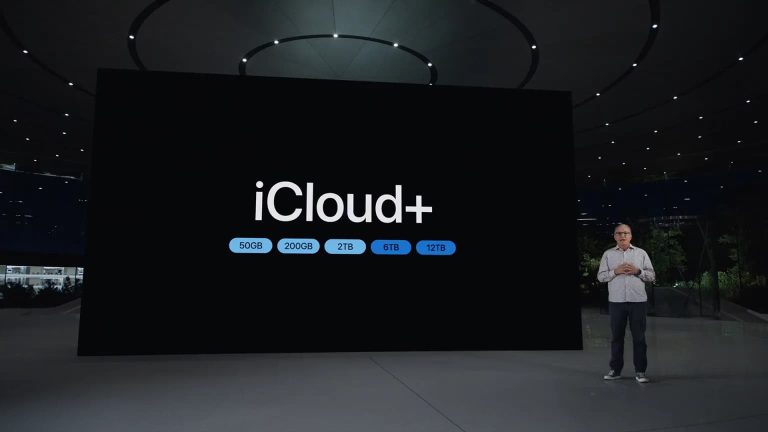Most internet users are aware of proxy servers and the fact they exist, but they don’t know or understand the purpose of proxies and how useful they can be in the internet age. For some, proxies are just tools for bypassing geo-restrictions and unblocking content on Netflix or enjoying more privacy and security when using an open WiFi network.
However, this is just the tip of the iceberg. A proxy is an intermediary between a server on the internet and the user with a device and a private IP address. A proxy has a public IP address of its own, and it uses it for a range of different purposes related to everything from user experience to security.
We’re going to delve deeper into the two main types of proxies, the type of businesses that use them, etc. This is your unique dedicated IP vs shared IP guide.
Why is it essential to understand proxies?
If you’re a business leader, there are five top reasons why it is crucial to understand how using proxies can help run your business more successfully. These reasons include:
- Increased institutional and corporate security
- More anonymity when handling sensitive tasks and data
- Server crash protection, traffic balancing, and increased uptime
- Improved and streamlined employee internet usage control
- Bandwidth savings and faster internet speeds
The Two Main Types of Proxies
There are two main types of proxies: shared and dedicated proxies. The main difference between the two is the exclusivity of dedicated proxies to only one user. On the other hand, shared proxies are shared between multiple users simultaneously, as the name suggests.
a) Shared Proxies
Multiple users use shared proxies at the same time. They are one of the most popular proxies simply because they are the most affordable proxy solution. The most common reasons to use shared proxies include:
- Privacy and anonymity
- Data mining and web scraping
- Bypassing restrictions and downloading blocks
- Website and apps verifications
- Affordability
- High efficiency
a.1) Types of shared proxies
Since shared proxies are IP addresses shared based on the number of users who connect to them, the connection type determines two main types of shared proxy servers:
- HTTP proxies – this type of shared proxies is perfect for applications that support HTTP connection, web automation software, and web browsers, and it only supports HTTP traffic.
- SOCKS4/5 proxies allow both SOCKS and HTTP connections and are more fitting for real-time tasks, apps, gaming, etc.
b) Dedicated Proxies
Also known as private proxies, dedicated proxies allow for only one IP user at a time. Because of this, these proxies give complete control over the proxy to the user, providing a wide range of benefits of the IP alone.
This perk is the main reason why the majority of businesses choose dedicated IPs over their shared counterparts. Private proxies allow for more anonymity and privacy, making them one of the most effective solutions for professionals and companies needing increased anonymity levels to go about their daily business.
The best example of organizations that benefit the most from private proxies is ad verification companies. This type of proxies allows these companies to anonymously check the advertiser’s landing page without risking their IPs being recognized, fed false information, banned, or blocked.
b.1) Types of dedicated proxies
Essentially, there are two types of dedicated servers:
- Residential proxies – created by ISPs, this type of proxies is hosted on physical, real machines that provide dedicated IPs. They are excellent solutions for an array of online activities, including maintaining the identity of a regular internet user, data gathering, pricing intelligence, ad verification, and so on.
- Datacenter proxies – created by virtual machines hosted on powerful servers, datacenter proxies allow for reliable connection speeds while hosting vast amounts of proxy servers. Because of such a property, dedicated proxies are ideal for traffic-intensive tasks, such as market research or email protection.
Businesses more commonly use dedicated proxies
Dedicated proxies are a preferable option among businesses because they are highly reliable and secure, extremely fast, and give you full control over when and how they are used. On top of that, they are private and support multiple locations, making them just perfect for bypassing geo-restrictions and browsing the web from various locations.
These are the main reasons why dedicated proxies are a more commonly preferred solution for companies. Businesses mostly go with these proxies because they allow them to get rid of annoying ads, banners, or spam.
Businesses mostly use dedicated proxies in industries such as identity protection, gaming, security, social media marketing, competitor research, travel aggregation, and more. If you want to read more, there’s another great comparison in this Oxylabs’s post about dedicated IP vs shared IP.
Conclusion
When choosing the right proxy types for your personal and professional needs, the price and quality are two main factors to consider. Exclusivity also plays an essential role in making your selections. While dedicated proxies seem like the best solution, they aren’t always the best option. It all depends on your needs.





